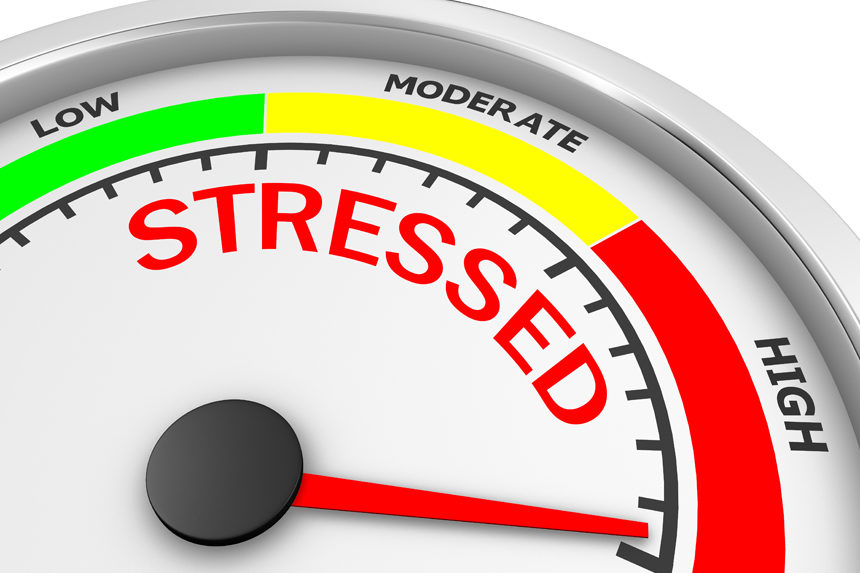“Your Health Checkup” is our online column by Dr. Douglas Zipes, an internationally acclaimed cardiologist, professor, author, inventor, and authority on pacing and electrophysiology. Dr. Zipes is also a contributor to The Saturday Evening Post print magazine. Subscribe to receive thoughtful articles, new fiction, health and wellness advice, and gems from our archive.
Order Dr. Zipes’ books, Ari’s Spoon, a new novel, as well as Bear’s Promise and Damn the Naysayers, A Doctor’s Memoir. Check out his website at dougzipes.com.
As a cardiologist, I have advised countless patients that stress is bad for the heart and should be avoided whenever possible. Stress increases the prevalence and severity of several cardiovascular disease (CVD) risk factors, including hypertension, diabetes mellitus, and obesity. For most people, stress is transient and ultimately resolvable. But for some, stress is longer lasting, even constant, severe, and insoluble.
Recent clinical trials have established inflammation as a major contributor to the development of CVD such as heart attacks and strokes. One randomized trial of over 10,000 post heart attack patients found that anti-inflammatory therapy significantly reduced the rate of recurrent CVD events compared to placebo, independent of lipid-level lowering.
Stress fosters such inflammation. Distressingly, today’s environment nurtures stress, whether it be from climate change, political discord, war, persecution, shootings, or COVID. Stress impacts all of us, including young people who appear to be affected to a greater degree than older people.
A Danish registry study of 1,263,000 people born between 1980 and 2001 analyzed the impact produced by various adverse experiences. The investigators divided the group into five clusters based on the extent of adversity exposure from birth to 15-years-old: low adversity, early deprivation, persistent deprivation, loss or threat of loss, and high adversity. In the years following, about 2,000 men and 2,000 women developed CVD between the ages of 16 and 38.
Compared with those who experienced low levels of adversity, and therefore probable low levels of stress and inflammation, those who experienced severe illness and death in the family and those who experienced very high rates of adversity across childhood and adolescence had 40 to 60 percent greater risk of developing CVD.
It’s easy to advise patients to reduce stress in their lives, but much harder to accomplish. As I write this column, my personal stress level is high because of Hurricane Ian. It flooded my house in southwest Florida with a sea surge of one-and-a-half feet, which required total gutting of the house to rid the interior and household articles of wet, smelly mold. And I’m among the fortunate with no loss of life and a house that can be salvaged. Despite telling myself the loss is just “stuff,” and “stuff” can be replaced, vacating my home, tossing away soggy furniture, a car, clothes, and other items and putting the rest in storage, finding a new place to live, and dealing with a myriad of people from contractors to insurance adjusters, from realtors to movers, takes its toll.
However, the stress level of people living in war zones, facing starvation, gangs, genocide, and death must be unimaginable, making my upheaval trivial by comparison. Still, each of us may experience personal stress that challenges our peace and happiness.
If stress cannot be readily eliminated, a variety of approaches can help you cope, including medications, meditation, exercise, and professional support. While the cliche, “This too shall pass,” rarely helps during the acute stage, it is true for many situations, and a year later, the residua of a stressful situation can just be a bad dream. Sadly, for tens of millions in the world, stress is woven indelibly into the fabric of their daily lives, making the bad dream a reality.
Become a Saturday Evening Post member and enjoy unlimited access. Subscribe now



